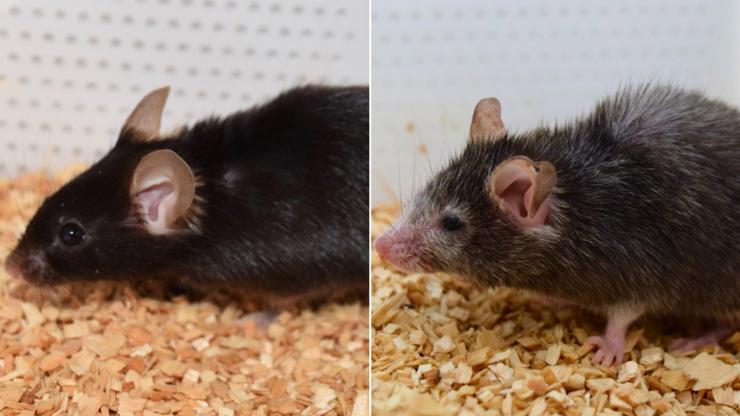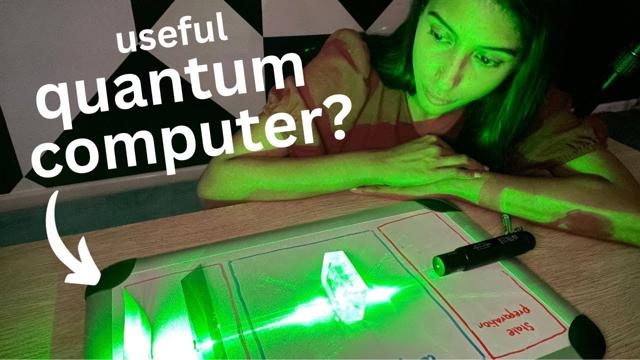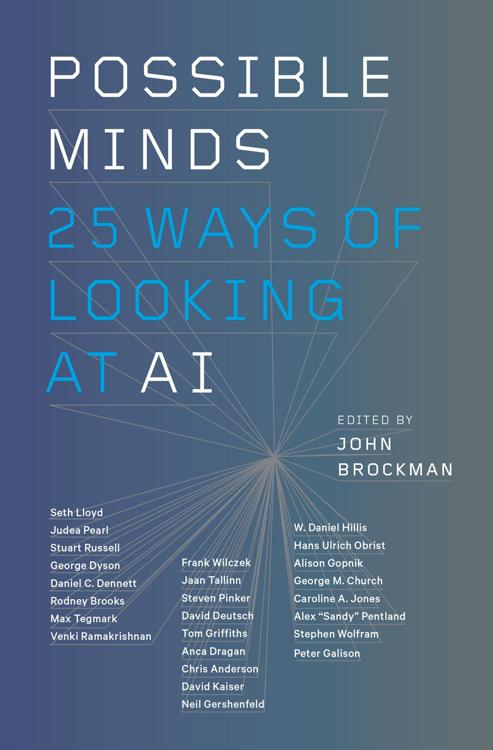Could We Reverse Aging with Technology?
Exploring the Potential of Technology to Reverse Aging

Frequently Asked Questions
Potential interventions include gene therapy, stem cell therapy, telomere extension therapies, and advancements in regenerative medicine.
Artificial intelligence is helping to analyze large datasets to identify aging biomarkers and to discover new therapeutic targets that could slow down or reverse aging.
Step by Step Guide
1
Understanding Aging
Aging is a complex biological process that involves the gradual decline of physiological functions. It is essential to comprehend the underlying mechanisms such as cellular senescence, telomere shortening, and DNA damage.
2
Exploring Current Theories
Investigate the various theories of aging, including the oxidative stress theory, the Hayflick limit, and the mitochondrial theory, to understand what drives age-related changes.
3
Introduction to Biotechnology
Delve into the field of biotechnology, which encompasses the use of biological systems and organisms to develop technologies that can potentially restore youthfulness.
4
Stem Cell Research
Study how stem cell therapy may be able to rejuvenate aged tissues by replacing damaged cells and promoting regeneration.
5
Gene Therapy
Learn about the role of gene therapy in correcting genetic defects, and they may be utilized to enhance longevity and reverse some aging processes.
6
Telomere Extension
Investigate telomere biology and the potential for therapies that extend telomeres, potentially delaying cell senescence and the aging process.
7
Nutrigenomics
Explore how personalized nutrition, guided by genetic information, can optimize health and possibly slow down the aging process.
8
Artificial Intelligence in Aging Research
Analyze how AI is being used to identify biomarker patterns associated with aging and how it can expedite the discovery of anti-aging interventions.
9
Regenerative Medicine Approaches
Discuss the advancements in regenerative medicine, including tissue engineering and organ regeneration, which may help in combating age-related degeneration.
10
Lifestyle and Technology Integration
Evaluate how technology can integrate with lifestyle changes—such as exercise, diet, and sleep—to promote healthy aging and potentially reverse signs of aging.
11
Ethics and Implications
Consider the ethical implications of using technology to reverse aging, including access to these technologies and potential societal impacts.
12
Future Outlook
Reflect on future advancements in aging technology and what they might mean for the fight against aging. This includes discussing potential breakthroughs on the horizon.








